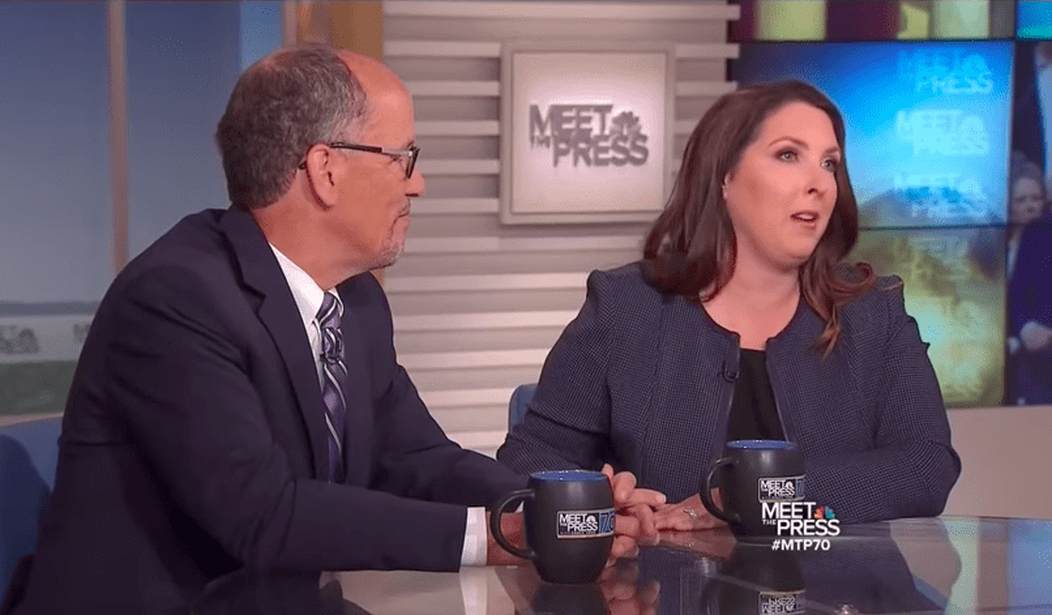The recent terrorist attack in New Zealand has once again put social media platforms in the limelight as a vehicle that can be manipulated for evil intent. The attack, which was carried out by a 28-year-old New Zealand man named Brenton Harrison Tarrant against two mosques, resulted in the deaths of 50 people and injured dozens more. Parts of the shooting were live streamed through social media giant Facebook.
This was not the first time that a social media outlet was used for propagating extremist religious beliefs. Similar campaigns have already happened right here in the U.S. The weaponization of social media has the potential of becoming a major national security concern. Not only can social media be used to inspire the mentally unstable to commit acts that cause great loss of life, but it can also affect the way we are allowed to use the various mediums available for political discourse.
Initially, social media began as a way to meet new people and stay connected with friends and loved ones. As the years have passed, social media has evolved into something bigger. The online profiles you create not only allow you to connect with other people, but they also let you promote your political message with the rest of the world. These individual political ideas, when shared and echoed by like-minded individuals, can contribute to the rise and fall of governments, as was seen during the Arab Spring. While these mediums can be used for constructive causes, it becomes a double-edged sword that can be used to do as much damage as it does good.
Social media has been used by terrorists, state-affiliated agents, and other bad actors to commit illegal activities in both the private and public sectors. The most damaging way bad actors can use social media is by using it as a propaganda tool. There is no better example of this than how the Islamic State of Iraq and the Levant (ISIS) used social media to recruit new members into their ranks from around the world, including the U.S. They have used Twitter, Facebook, YouTube, and other social media platforms to promote their radical ideology and to increase the distribution of instructional guides that teach radicals how to commit terrorist acts. The high production value of the content produced by organizations like ISIS would give established digital marketing firms a run for their money.
It is not only lone wolf attackers and terrorist organizations that use social media platforms to influence and coordinate operatives. An example of this was the propaganda campaign undertaken by Russian-backed hacker group Fancy Bear. Fancy Bear used political ads and posts to inflame racial tensions and discontent during the 2016 presidential elections. This is the same group that was involved with the hacking of conservative think tanks using phishing techniques that spoofed websites to steal conservative users’ login credentials.
In response to these events, social media giants such as Facebook, Twitter, and YouTube began taking down accounts suspected to be partaking in terrorist activities and propaganda campaigns. Following the discovery of the Russian-linked influence campaign on Facebook and Twitter, numerous conservative users had their social accounts taken down, shadow banned, or subject to additional verifications. These actions had a collateral effect on a core value that defines us as Americans: Freedom of speech.
This resulted in backlash toward social media companies, which prompted an investigation by Congress to determine if social media companies were censoring conservative content. Many conservative and right-leaning individuals boycotted the social media platforms to show their disapproval of what seemed to be blatant liberal bias and censorship.
During a time when the mainstream media tends to paint right-wing ideologies as extreme, this leaves us with a serious problem. On one end you have the national security aspects of protecting ourselves against outside influence campaigns and terror attacks. On the other end, we run the risk of violating our constitutional right to free speech. Finding a “happy medium” will have to be prioritized by both social media outfits and government watchdogs in the future.









Join the conversation as a VIP Member